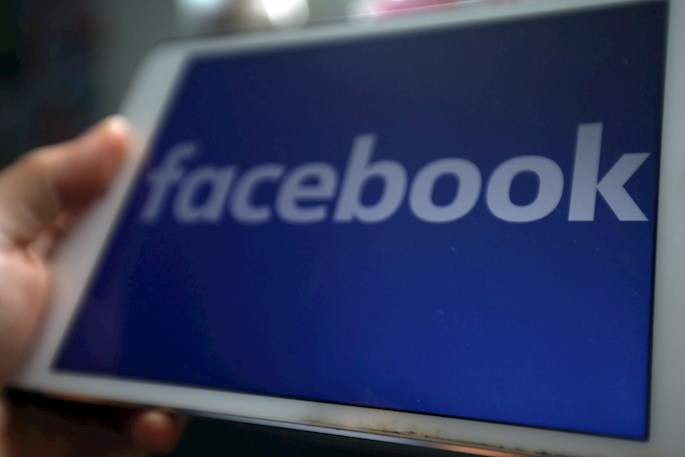AI accuses Facebook, YouTube of complicity in Vietnam crackdown
Published : 01 Dec 2020, 11:10
Amnesty International on Tuesday accused tech giants Facebook and YouTube of becoming "instruments" of censorship and harassment by Vietnam’s communist regime, which holds at least 170 prisoners of conscience, reported EFE-EPA.
In a censorship report about the country, the organization denounced the blocking of content considered critical of authorities and campaigns of pro-government groups to instill "silence and fear" in social networks. It said 69 of the 170 prisoners of conscience in the country are behind bars for publishing content on those platforms.
This is the highest recorded by Amnesty International, which said 78 percent of activists were jailed this year over social media posts.
Ming Yu Hah, the organization’s regional campaigns deputy director, said in a statement that although free speech flourished in Vietnam in the last decade thanks to YouTube and Facebook, authorities had recently blocked the peaceful expression of opinions as "an existential threat to the regime."
"Today these platforms have become hunting grounds for censors, cybernetic military forces and trolls financed by the state. The platforms are not limited to letting it happen, they are increasingly complicit," he said.
The human rights organization said that while Facebook, with almost 60 million users in the country, breaks revenue records in Vietnam (almost $1 billion in 2018, according to the report), it is not doing enough to combat repression from Vietnamese authorities.
"It could do much more to roll back the atrocious crackdown in Vietnam. For millions of netizens, Facebook was the great hope for building an open and free society and it still has the power to be," said Yu Hah, who also criticized the complacency of Google, owner of YouTube, with country's authorities.
The report said Facebook recognized a "significant increase" in the number of publications in April that it agreed to censor for being "anti-state" by the authorities and justified it saying it had been pressured by Hanoi.
According to the latest transparency report from the company itself, the number of restricted content according to local laws increased by 983 percent between January and June of this year compared to the previous six months.
As for YouTube, the organization said it had received praise from Vietnamese censors for "its relatively high rate" of compliance with government requirements.
The report, based on dozens of interviews with activists, collects testimonies from some of them, who denounce the disappearance of hundreds of contents without prior notice or justification or with vague reasons such as the "abuse of democratic freedoms," typified in the Vietnamese Criminal Code.
"Many people who dare to speak out in Vietnam are being silenced. The precedent set by this complicity is a severe blow to freedom of expression in the world," Yu Hah said.
Vietnam, whose press is state-controlled, increased repression against activists in recent years for publishing content on the internet over recent reforms of the criminal code and the entry into force in 2019 of the so-called cybersecurity law, which requires technology companies to provide user data and censor content.


